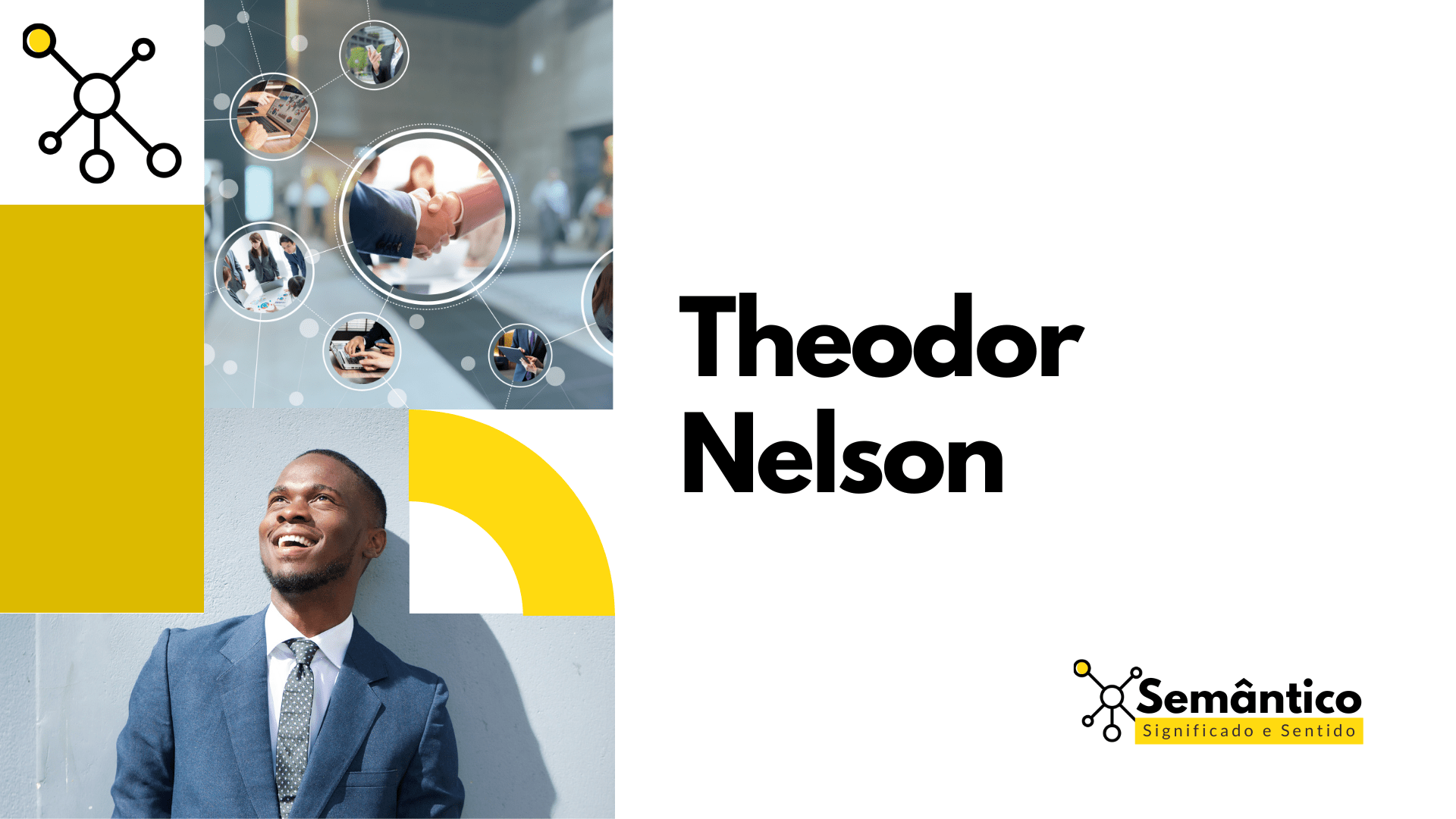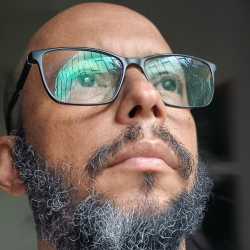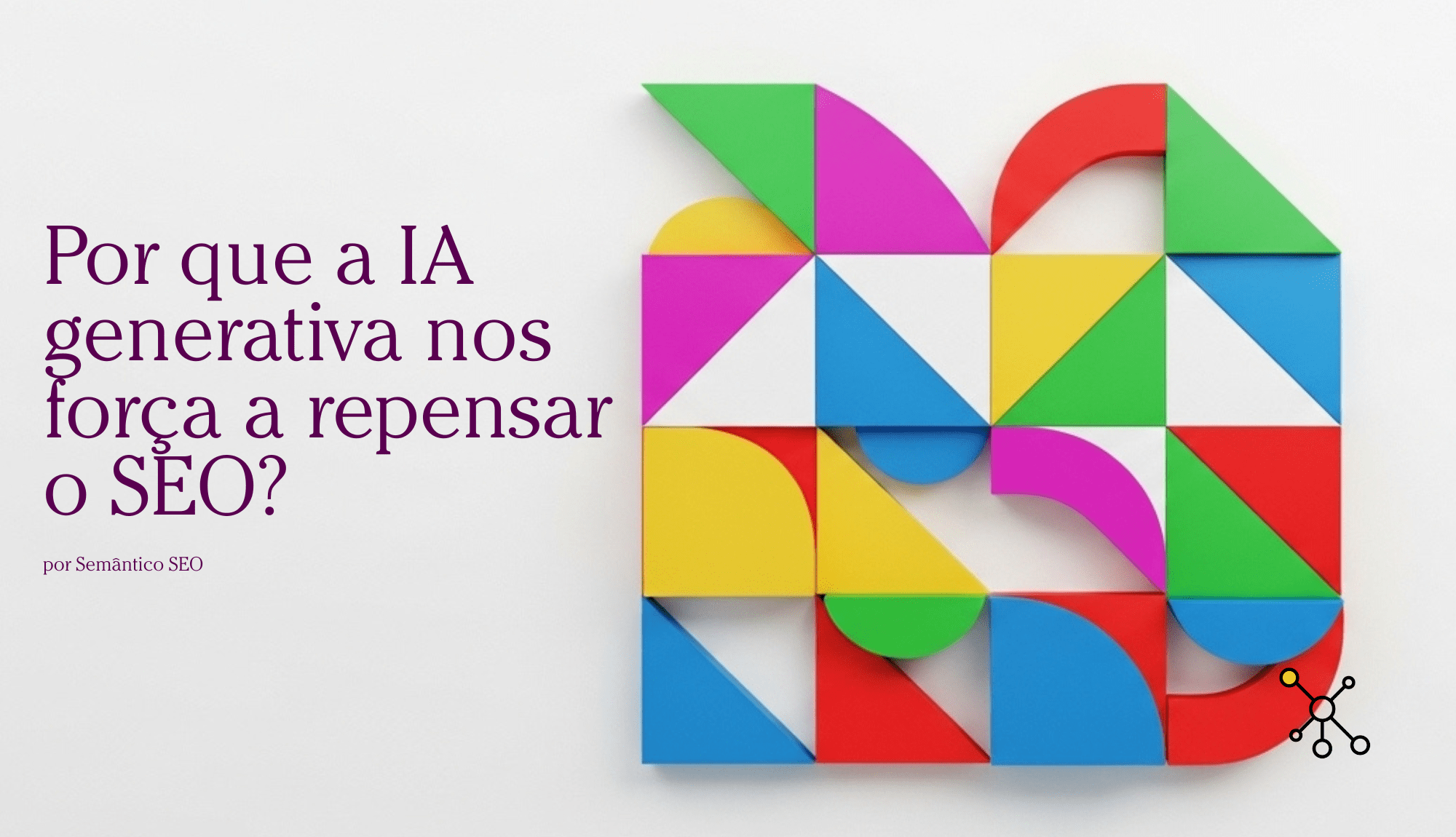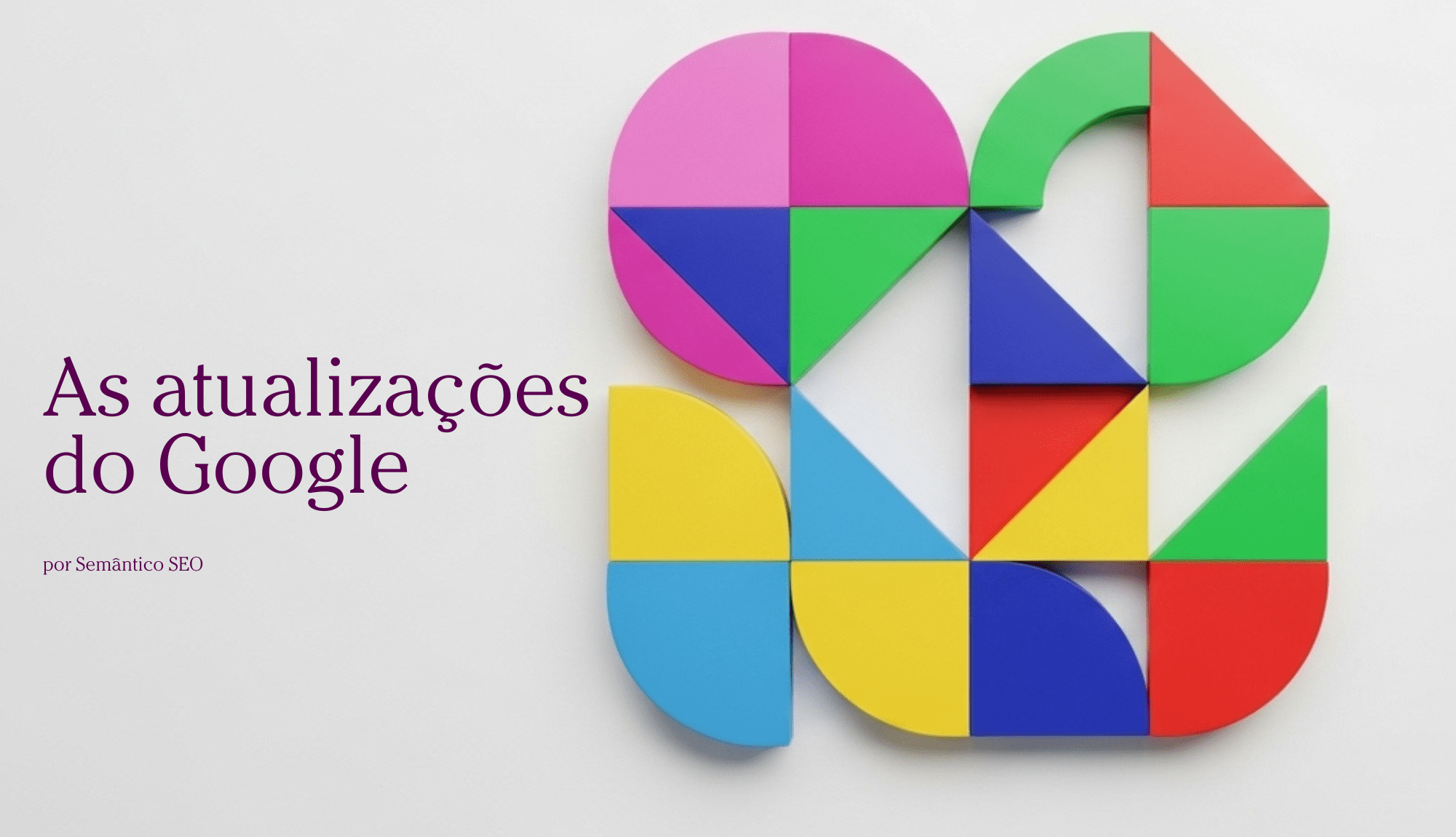Theodor Nelson
Ted Nelson é um filósofo, sociólogo e pioneiro da Tecnologia da Informação. Sua maior contribuição reside na invenção dos termos “hipertexto” (1963) e “hipermídia”, conceitos fundamentais que descrevem a estrutura de documentos e informações conectados por links de forma não-sequencial. O hipertexto é a base para a navegação na World Wide Web (WWW). Ele também inventou os termos “transclusão” (a reutilização de conteúdo em múltiplos documentos, com referência automática à fonte) e “transcopyright” (um sistema de direitos autorais para essas referências). Nelson fundou o Projeto Xanadu (iniciado em 1960), que foi uma das primeiras e mais ambiciosas visões de um sistema de informação global, onde todo o material estaria interconectado, com controle de versões e pagamento de direitos autorais de forma automatizada.
O trabalho de Nelson é crucial para entender a evolução da computação pessoal e da internet. Sua visão utópica do Projeto Xanadu, embora não tenha sido totalmente implementada como ele idealizou, inspirou diretamente os desenvolvedores que mais tarde criaram a World Wide Web e o HTML. No entanto, ele é um crítico ferrenho da WWW de Tim Berners-Lee, a qual ele considera uma “simplificação grosseira” de suas ideias, criticando especificamente os links unidirecionais (links quebrados), a falta de controle de versões e a ausência de um sistema inerente de transclusão para citar fontes de forma clara e automática.
A figura de Ted Nelson é importante para temas de Ciências Humanas e suas Tecnologias e Redação, pois permite discutir:
- Evolução da Comunicação: O impacto do hipertexto na forma como lemos, escrevemos e acessamos o conhecimento.
- Tecnologia e Sociedade: O debate sobre a arquitetura da informação e as implicações sociais das diferentes formas de organização de dados (o modelo idealizado de Nelson versus o modelo atual da WWW).
- Direitos Autorais e Ética Digital: O conceito de transcopyright e a necessidade de sistemas mais justos para autores e criadores de conteúdo na era digital.
- Linguagens e Códigos: A compreensão dos conceitos de hipertexto e hipermídia como elementos estruturais da linguagem digital.




Publicar comentário